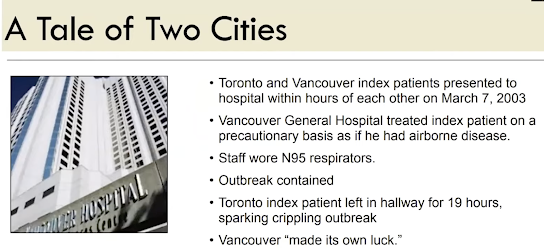Since the pandemic started, educators have been asked to use a "trauma-informed" approach to their teaching, i.e. pay attention to the psychological safety of their students. Some of the literature on this looks pretty good: build connections through empathy, be consistent and predictable in the classroom, be flexible to accommodate different needs, delight in students by finding the best in them, and co-regulate by sharing your calmness with others. But, in practice, it fell apart a bit.
In my own experience, I was made to be flexible at the expense of consistency and predictability in a way that overrode our guiding documents. And, I'd argue, in a way that wasn't compassionate.
I practiced a trauma-informed approach long before it was called that, providing clear expectations but with many alternatives for people to choose. Before my classes start, I'd email a survey of questions to students asking if they'd have any concerns with general rules and deadlines, and where they'd prefer to sit in the room, what would make them most comfortable, what they like to be called, etc., so that when they walked into the room on the first day, they knew exactly what to expect and they had already had some say in what the room looked like. These are grade 12s, many over 18. With Covid, I added more questions about what would make them feel safe, and I asked if having windows open 1/2" would be okay to add some ventilation to the room.
Then, once in the room, I again asked if people were comfortable where they were sitting and if it wasn't too cold. Everyone was fine. Except somebody wasn't, but they likely didn't want to be the odd one out in the class, so texted dad, who called admin, who marched down to my class immediately to tell me, "Kids can't learn if they're cold!" And the students learned a valuable lesson that day: Get dad to call admin, and you can make anything happen right before your eyes!
We talked about what to do if you have a conflict with a person, that it's always best to start with to the offending person directly, and then go higher up if you feel like you're not being heard or not being treated fairly. "Resolving" a conflict doesn't always mean getting what you want, though. We have to measure out what we want, what others want, and if anyone needs something to happen differently to figure out what's fair. I asked them, What will you do in a few months, if you have a concern about a class in university?
Get my dad to call the university.
I shocked them by letting them know that university profs and administrators won't talk to their parents.







